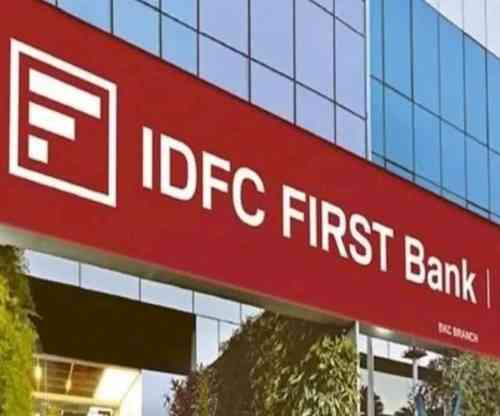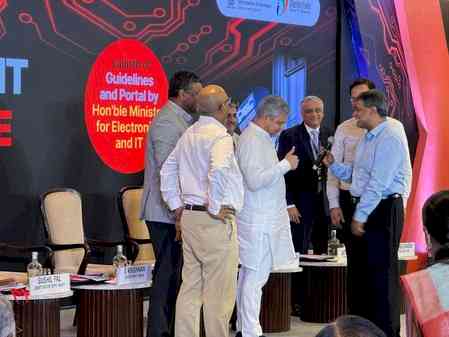RuPay partners with RBL Bank to launch ‘RuPay PoS’ in association with PayNearby
The introduction of RuPay PoS to digitally empower merchants by turning their smartphones into a PoS machine

Mumbai: National Payments Corporation of India (NPCI) announced that RuPay has partnered with RBL Bank to launch an innovative payment solution for Indian merchants – RuPay PoS in association with PayNearby. The RuPay PoS will transform smartphones into merchant Point of Sale (PoS) terminals for the retailers. Merchants will now be able to accept contactless payments of up to INR 5000 through a simple tap and pay mechanism on his NFC enabled mobile phones. Customers using RuPay cards or have tokenized their RuPay Cards, can carry out contactless payments for their regular purchases.
RuPay PoS will provide cost effective acceptance infrastructure to retailers at no additional capital cost. This unique phenomena would be able to proliferate digital payment acceptance among millions of underserved and tech shy Indian MSMEs. Merchants can convert their android smartphone into a payment acceptance terminal by simply updating their PayNearby app. With RuPay PoS, nearby local stores even in the remotest areas will now be able to process contactless payments on their smartphone.
As a pilot, RuPay PoS can also accept offline transaction of RuPay NCMC, thus ensuring easy acceptance infrastructure for both online and offline card payments. Transactions of Rs. 200 and below will not require online authorization, making these transactions as quick and easy as exchanging cash. This serves the dual purpose of eliminating internet dependency for micro payment processing and at the same time ensuring hassle-free shopping experience for customers.
Pushpendra Sharma, Head Digital Payments & Acquiring, RBL Bank said, "We are happy to partner with RuPay and PayNearby to offer the unique RuPay PoS solution. This initiative is aimed at transforming the digital payments landscape and democratizing access to secure and convenient modes of transaction. With the proliferation of smartphones and last mile penetration of the RuPay network, we believe accepting digital payments will become simple and cost-efficient for millions of merchants and consumers across the country. With the launch of this innovative offering, we at RBL Bank look forward to deepen our geographical penetration and multiply our customer base. We are confident that with innovations like RuPay PoS will definitely lead to the evolution of a less-cash economy in India”.
Anand Kumar Bajaj, MD & CEO, PayNearby said, “PayNearby aims to become the digital payments enabler to lead “Atmanirbhar Bharat” payment solution in the country. Through RuPay PoS, we wish to build an ecosystem by adding the number of acceptance points for easy and fast digital payments. This cost effective solution is targeted towards the 30 million+ small and medium merchants in the country and empower them with simple contactless payment solutions for their customers. We look forward to empowering our retailers and consumers by blending easy-to-use digital technology with last-mile connectivity. This is how we will bridge the digital divide among the masses and create an equal Digital India”.
Nalin Bansal, Head of RuPay & NFS, NPCI said, “We are glad to associate with PayNearby, Paynext, Uvik and RBL Bank to facilitate the launch of the innovative RuPay PoS solution which will empower merchants across the country to onboard into digital payments ecosystem. We believe this revolutionary mechanism of smartphone turning into a PoS machine will deepen the penetration of digital payments and strengthen the acceptance infrastructure in the country - thereby providing a seamless transaction experience for both merchants as well as customers. Apart from easy merchant onboarding into digital payments, this facility would benefit them in reducing the hassle of dealing with cash at the counter. It is our belief that this initiative will enable merchants and customers to be Atmanirbhar by reducing their dependency on cash and at the same time accelerate India’s journey towards a less-cash economy”.


 cityairnews
cityairnews 









